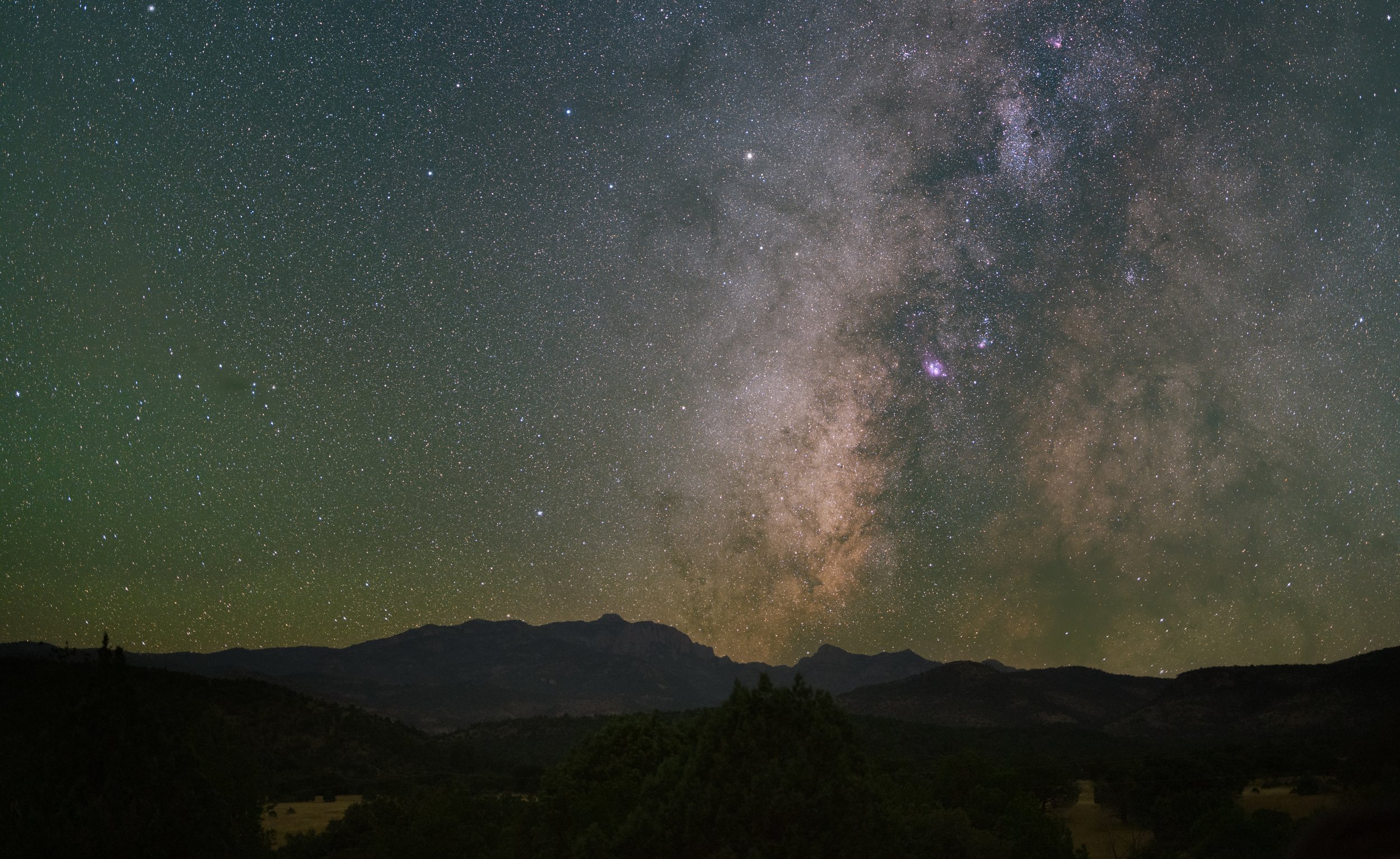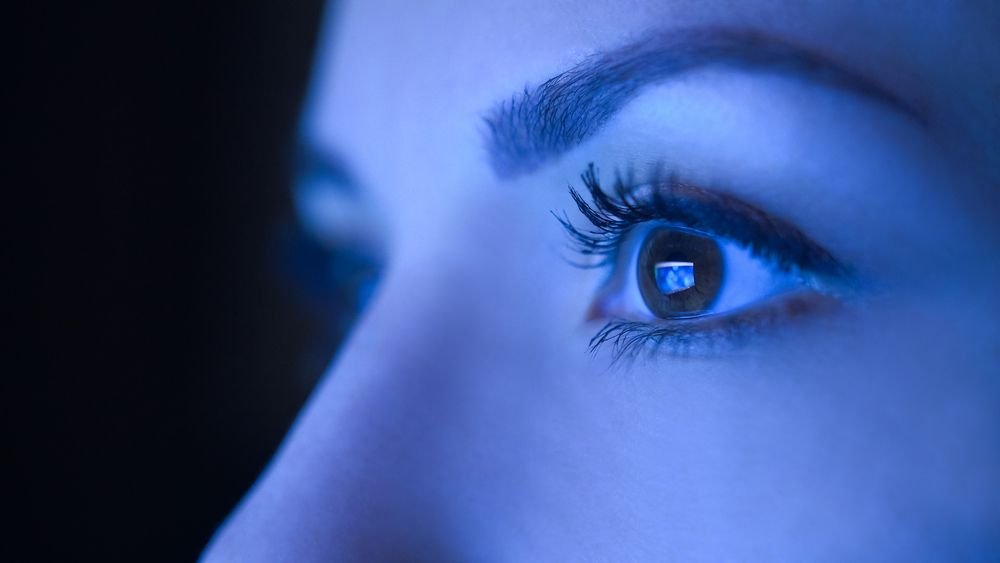
Protecting the night sky for all to enjoy
Spanning over 15,000 square miles in Texas and Mexico, the Greater Big Bend International Dark Sky Reserve is the largest Dark Sky Certified place in the world.
Working together for a common goal
The Greater Big Bend International Dark Sky Reserve unifies multiple parks, communities, groups, and protected lands on both sides of the Rio Grande under a common goal: to protect the night sky through better lighting practices.
Dark Sky Places are designated by the non-profit Dark Sky International.
Why Protect the Night Sky?
-

Culture
The night sky in the Big Bend region is iconic. It is a part of the identity of the region, and has been a part of human culture for countless generations. The reserve ensures that this iconic feature is not relegated to history.
-

Energy
A typical light fixture wastes 30% or more of its energy by shining it directly into the night sky, benefiting no one. Billions of dollars worth of electricity are wasted each year by poor lighting practices. Better lighting practices can save money and energy.
-

Wildlife & Ecology
All life on Earth, including human beings, evolved to the rhythm of the day & night cycle. Light pollution disrupts this rhythm and can have severe negative consequences for ecosystems. The Reserve helps to preserve nocturnal environments for plants and animals.
-
Research
Astronomical research depends on having dark skies. At McDonald Observatory, highly sensitive equipment can detect as few as a dozen photons from distant galaxies billions of light years away. The Reserve ensures that astronomical research, as well as biological research into nocturnal ecosystems, can continue to be successful.
-

Safety
Poor lighting designs create harsh glare and unsafe conditions at night. Night-sky friendly lighting practices not only preserve the night sky, but improve visibility and safety. Even major industrial facilities that have adopted night-sky friendly lighting have noticed reductions in workplace accidents.
-

Health
Excessive amounts of artificial light at night, especially blue light, can have negative consequences for human health by disrupting our circadian rhythm. Research suggests that it can increase risks for obesity, depression, sleep disorders, diabetes, breast cancer and more. The risk can be significantly reduced through better lighting practices that limit blue light content.




